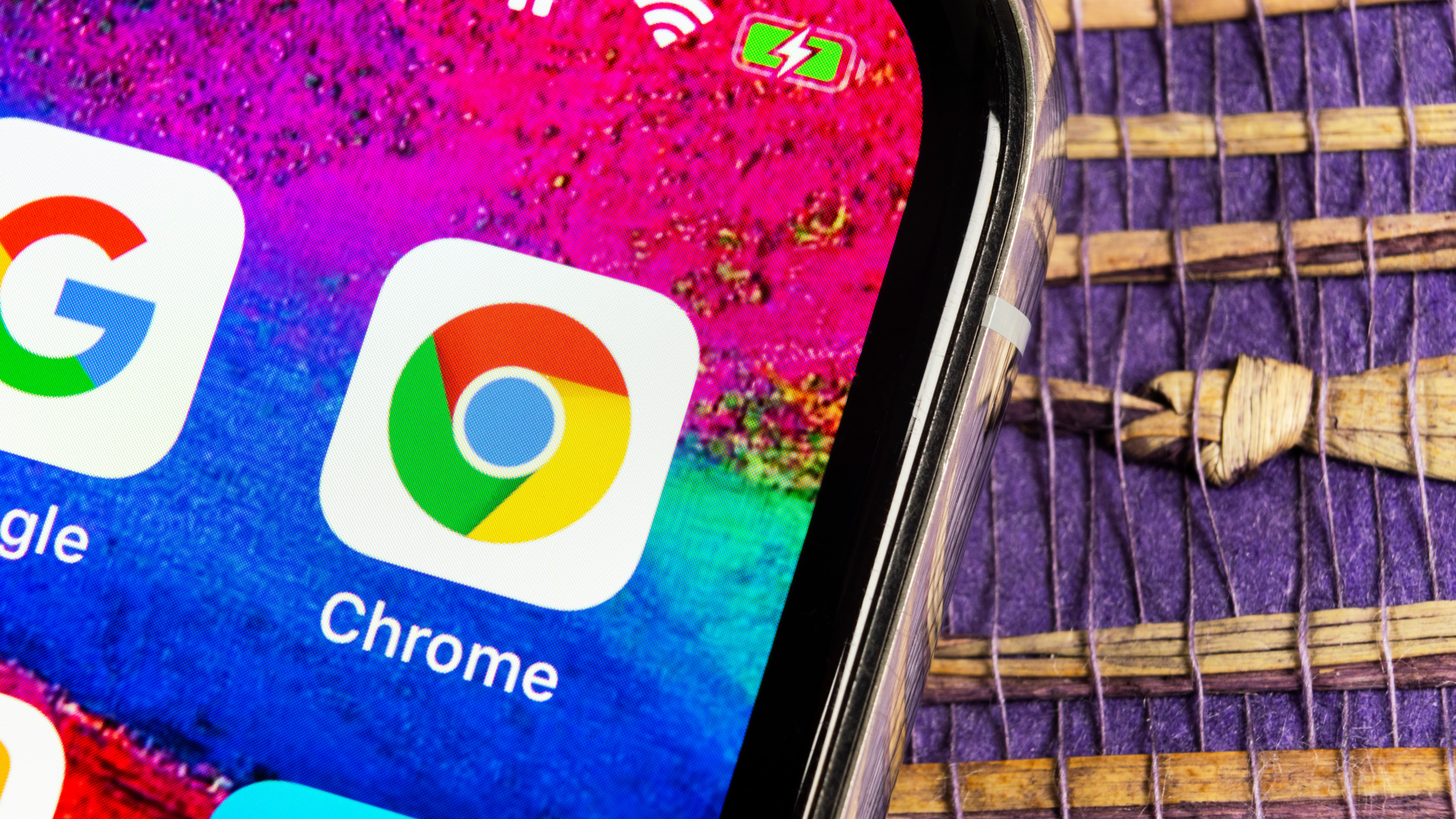Google could be planning a controversial update to Chrome
Google is tinkering with the URL bar yet again

Google is certainly no stranger to messing around with the address bar – or omnibox as it is actually called – in Chrome.
Google has made numerous changes to the browser over the years, including hiding the leading 'https://' or 'https://www', but tweaks spotted in the Dev and Canary builds of Chrome 85 show that the company is experimenting with something rather more drastic. If the change rolls out to everyone, and if it is enabled by default, it will make it much harder to see the full address of the web page you are visiting.
- Check out our full guide to the best browsers
- Find out how to enable Chrome dark mode
- You can also try Gmail dark mode
In these under-development builds of the browser, several new flags – settings that are used to change the appearance or functionality of Chrome – have been spotted. In all, there are three flags that are of particular note, with the main one being called Omnibox UI Hide Steady-State URL Path, Query, and Ref.
When this flag is enabled, the URL of the website you are visiting is reduced down to just the main domain. So if you were visiting the TechRadar profile page at https://www.techradar.com/author/mark-wycislik-wilson, all you would see in the address bar is techradar.com. The complete URL would only be displayed when you clicked the omnibox.
Google faced backlash from web developers when it began hiding the 'https://' or 'https://www' in Chrome, and there could be similar consternation over the browser tucking away everything but the domain.
Where am I?
The flags can be found in the Windows, macOS, Linux, Chrome OS and Android versions of Chrome, but it's not entirely clear what Google's thinking is with this setting. There are two other flags which can be used to change the behaviour of the omnibox slightly. With Omnibox UI Hide Steady-State URL Path, Query, and Ref on Hover enabled, the full URL is displayed when you hover the mouse over the shortened version; with Omnibox UI Hide Steady-State URL Path, Query, and Ref on Interaction enabled, the full address is revealed upon interacting with the page.
If you want to try out the preview releases of Google's web browser, you can download Chrome Dev, and Chrome Canary. As this is pre-release software, you may well encounter problems, but the good news is that it is possible to have the release version installed at the same time.
Get daily insight, inspiration and deals in your inbox
Sign up for breaking news, reviews, opinion, top tech deals, and more.
More information is available on the Chromium Bug Tracker.
Via Android Police

Sofia is a tech journalist who's been writing about software, hardware and the web for nearly 25 years – but still looks as youthful as ever! After years writing for magazines, her life moved online and remains fueled by technology, music and nature.
Having written for websites and magazines since 2000, producing a wide range of reviews, guides, tutorials, brochures, newsletters and more, she continues to write for diverse audiences, from computing newbies to advanced users and business clients. Always willing to try something new, she loves sharing new discoveries with others.
Sofia lives and breathes Windows, Android, iOS, macOS and just about anything with a power button, but her particular areas of interest include security, tweaking and privacy. Her other loves include walking, music, her two Malamutes and, of course, her wife and daughter.